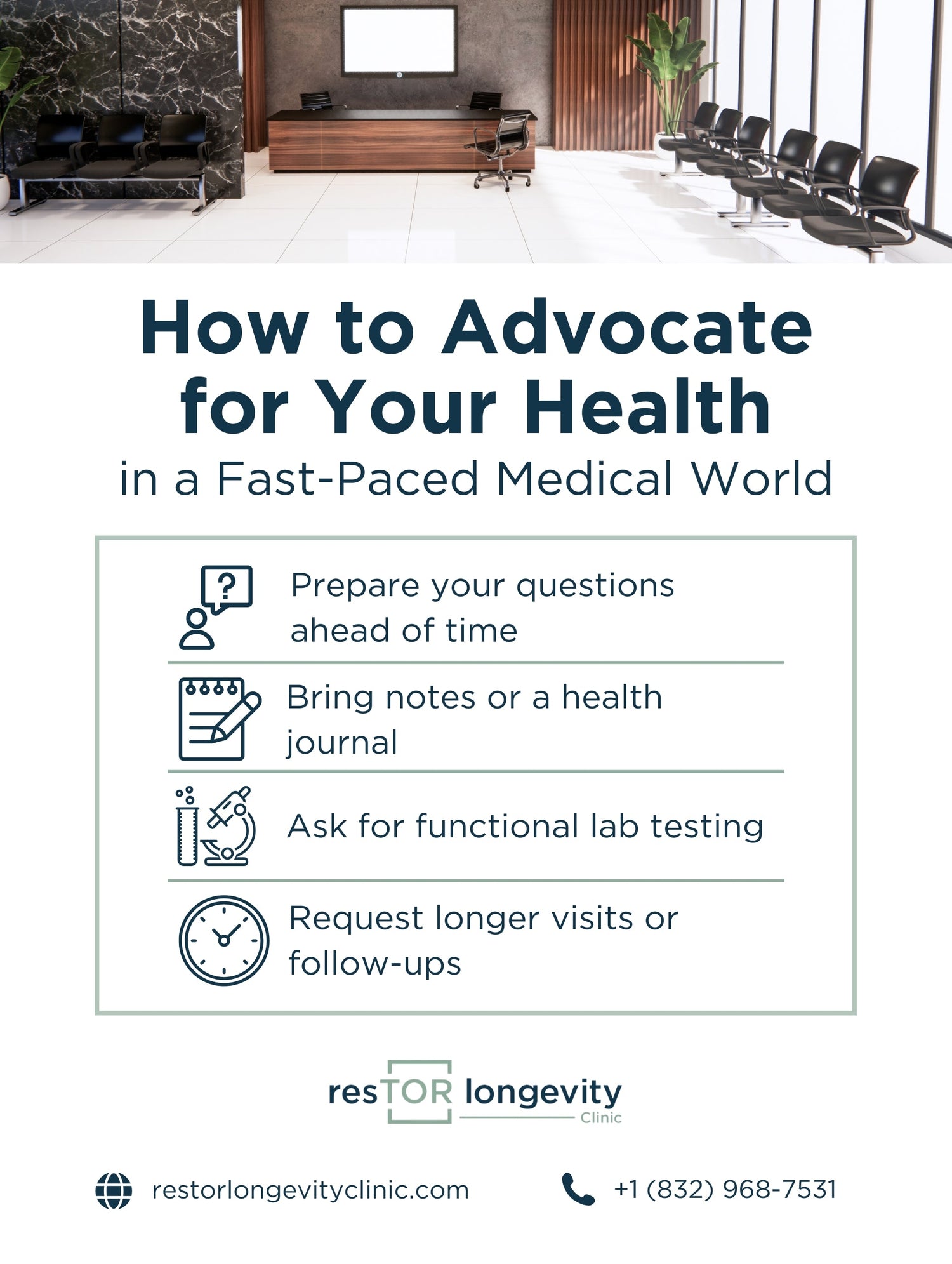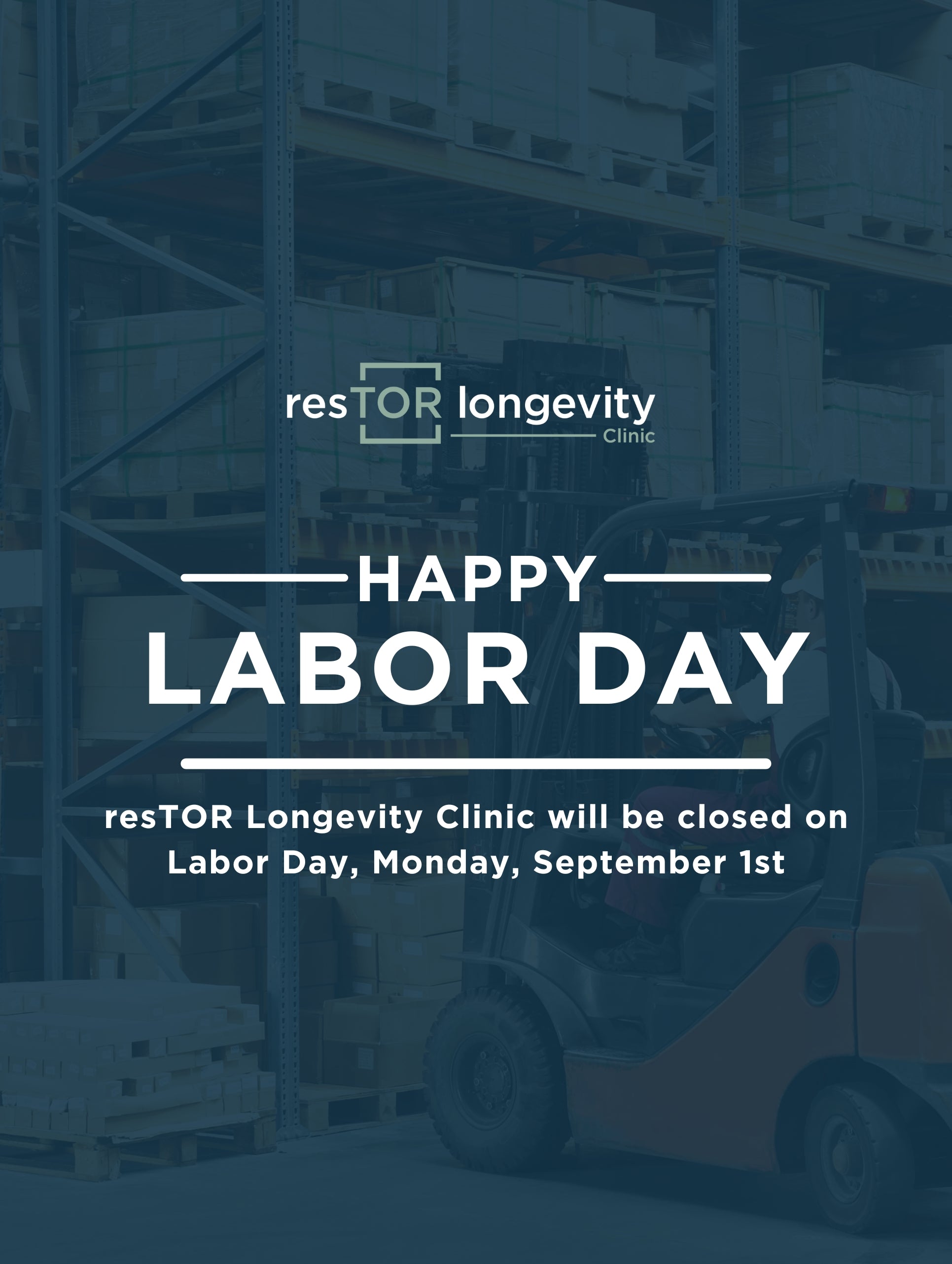Did you know that many patients feel rushed during doctor visits, often leaving without getting their most pressing questions answered? You're not alone in experiencing this common frustration in the fast-paced medical world. The importance of advocating for your health cannot be overstated, particularly in an environment characterized by tight schedules and time constraints. In this guide, we’ll explore practical strategies to ensure you take charge of your healthcare decisions effectively. You will learn how to prepare for appointments, manage symptoms, dive deeper into diagnostic testing, and more. So let’s empower ourselves to become our own health advocates!
Understanding Your Role as a Health Advocate
As a patient, you have every right to actively participate in your health care decisions. In the face of a fast-paced medical environment, it becomes crucial to understand how to voice your concerns and make informed choices about your health. Here are several strategies to consider for effective health advocacy.
1. Preparing for Doctor Visits
One of the most effective ways to advocate for your health is through preparation. Taking the time to outline your questions and prioritize them according to urgency can make a significant difference during your appointment. Do not hesitate to jot down your symptoms, medication history, or any changes you’ve noticed. This preparation will not only help you communicate efficiently but also demonstrate your commitment to your health.
Tips for Effective Preparation:
- List Your Questions: Start with the most pressing issues. List them in order of importance.
- Keep a Health Journal: Track your symptoms, daily health habits, and any lifestyle changes. This can help you identify patterns and inform your doctor more effectively.
- Rehearse Your Concerns: Consider practicing how you want to present your questions or concerns. This will make expressing yourself feel more natural during the actual visit.
2. Bring Your Notes
Carrying your health journal or notes to your appointment can drastically improve the quality of communication with your healthcare provider. Make sure to record the following:
- Symptoms you’ve experienced, including their frequency and duration
- Any medications or over-the-counter supplements you’re taking
- Changes in your lifestyle that may impact your health
When you are armed with information, you can offer a clear picture of your health status. This will enable your doctor to make better-informed decisions regarding diagnosis and treatment.
3. Ask for Functional Lab Testing
In an age where healthcare often leans toward standard diagnostic practices, advocating for more comprehensive testing is crucial to your health journey. Functional lab tests can provide insights beyond common panels and help link your symptoms to potential underlying conditions. Consider asking your healthcare provider:
- Can you recommend functional lab tests?
- What specific details do we need to look into?
- How can we integrate these results into my treatment plan?
This will encourage deeper conversations and empower you with the knowledge needed to make informed health decisions.
4. Request Extended Visits
If you often feel rushed during appointments, do not hesitate to ask your doctor for longer visits or follow-up appointments. Many healthcare providers offer the option to schedule extended consultations. By vocalizing your need for more time:
- You create an opportunity for thorough discussions about your health concerns.
- You allow for an open dialogue where additional questions and concerns can be addressed.
Remember, your time is valuable, and so is your health. Don’t shy away from asking for what you need.
5. Trust Your Instincts
One of the most critical aspects of health advocacy is learning to trust your gut feelings. If something doesn’t feel right or you believe your concerns are being overlooked:
- Speak Up: Let your healthcare provider know that you feel your concerns are not being adequately addressed.
- Seek Second Opinions: It’s absolutely acceptable to consult another professional if you feel your health is at stake.
6. Be an Active Participant
Navigating the medical world effectively means stepping beyond the role of a passive participant. Speak up about your interests, lifestyle preferences, and values. You have the right to understand your treatment options.
Action Steps for Active Participation:
- Discuss Treatment Options: Don’t be afraid to ask about alternative treatments or the side effects of recommended medications.
- Inquire About Self-Management: Talk to your doctor about strategies you can adopt to manage your health condition effectively.
7. Build a Partnership with Your Healthcare Provider
Fostering a collaborative relationship with your healthcare provider can significantly enhance your health advocacy efforts. At every visit, strive to create a partnership built on trust, respect, and open communication. This can be achieved by:
- Setting mutual goals for your health
- Following up on previous conversations or treatment plans
- Expressing what outcomes you hope to achieve



